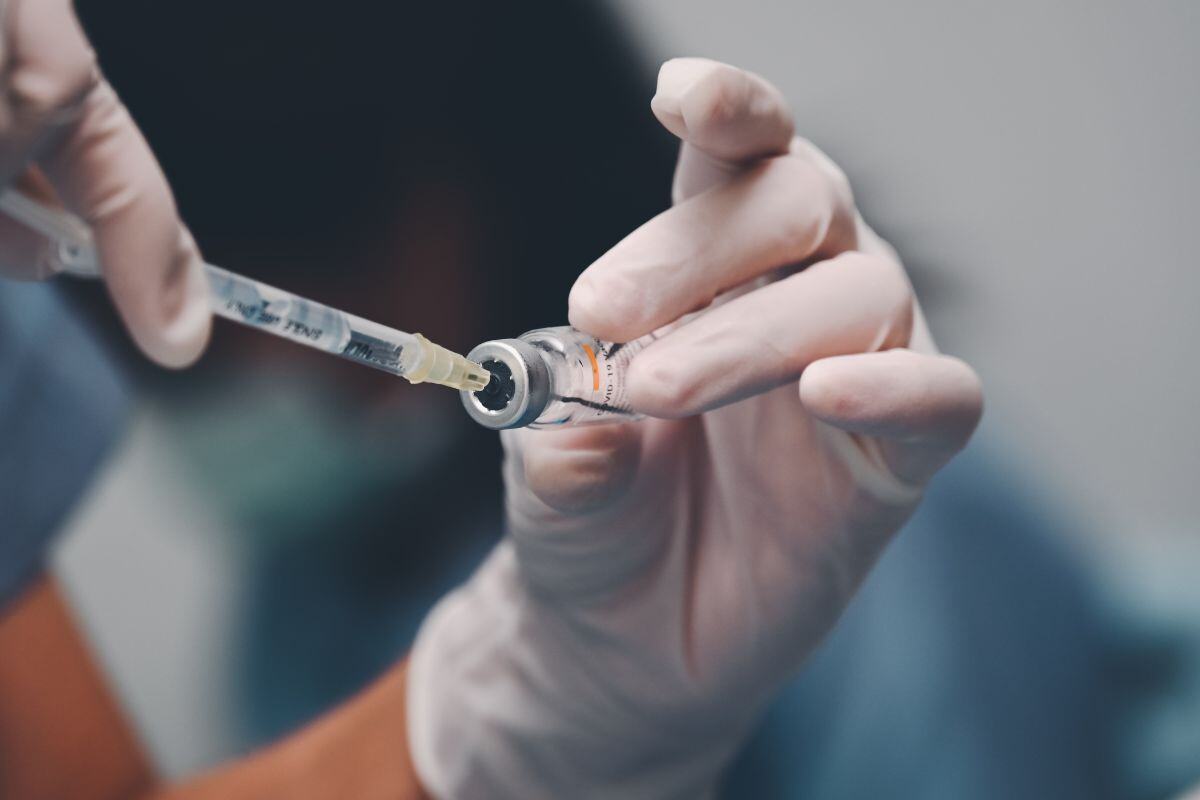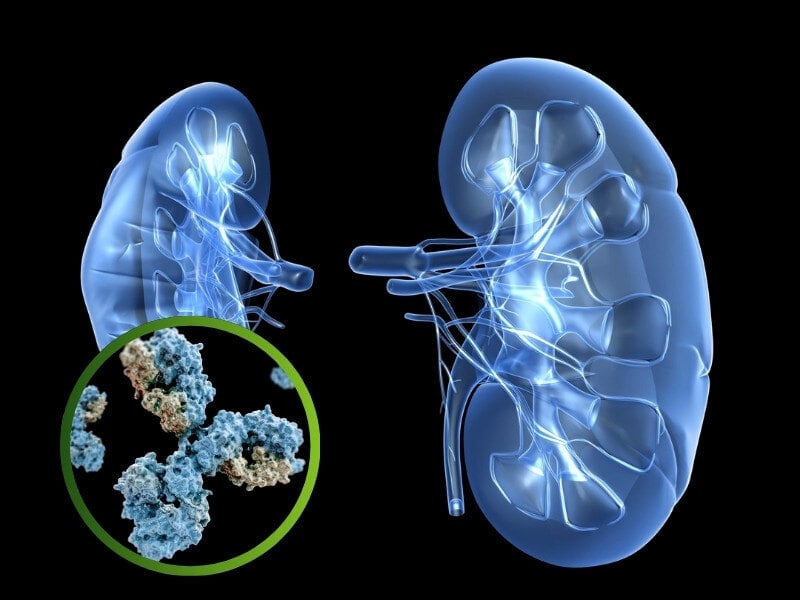NHS Cancer Vaccine Launchpad to Give Thousands Access to Personalised Cancer Vaccines

The NHS announced that it is set to fast-track thousands of cancer patients to access clinical trials of personalised cancer vaccines.
Collaborating with mRNA vaccine-maker BioNTech, the NHS will expand access to personalised cancer vaccine trials across the country via NHS England's new Cancer Vaccine Launchpad (CVLP), a "matchmaking service" for cancer patients and personalised clinical trials.
They announced that the first patient to be referred to a trial from CVLP had received their first dose of cancer vaccine at University Hospitals Birmingham NHS Foundation Trust. Elliot Pfebve, a lecturer and father-of-four, is living with bowel cancer.
He said: “Through the potential of this trial, if it is successful, it may help thousands, if not millions of people, so they can have hope, and may not experience all I have gone through. I hope this will help other people.”
Elliot is the first of many that will access a personalised therapy through CVLP. Under the programme, patients currently undergoing standard of care cancer treatment can be assessed for their eligibility to start a personalised clinical trial. If eligible, they can then be referred to a relevant intervention at NHS trusts and hospitals across the country. The NHS say that the programme aims to provide up to 10,000 UK patients with a form of personalised cancer therapy by 2030.
Peter Johnson, NHS national clinical director for cancer said that personalised cancer vaccines may be able to stop remission: “We know that even after a successful operation, cancers can sometimes return because a few cancer cells are left in the body, but using a vaccine to target those remaining cells may be a way to stop this happening."
"Extremely hopeful" for new personalised cancer vaccine trials
CVLP has been set up by NHS England and Genomics England and will work alongside the existing NHS Genomic Medicine Service.
Patients looking to join a personalised trial will have a tumour and blood biopsy sent for analysis. Based on the results of these tests, CVLP will connect patients to a hospital running a trial that will be appropriate for them.
Scientists will look for mutations that are specific to that particular patient's cancer, and design an individualised vaccine based on those mutations. The Birmingham study that Elliot is enrolled in uses an mRNA platform to teach patients' immune systems to look for their individualised tumour marker and attack their cancer.
Elliot's vaccine was administered at Birmingham's Queen Elizabeth Hospital. Principal Investigator for his trial, and Consultant Clinical Oncologist, Victoria Kunene said that it was "too early yet to say if these will be successful, though we are extremely hopeful."
"Based on the limited data we currently have of the in-body response to the vaccine, this could prove to be a significant and positive development for patients, but more data is yet needed and we continue to recruit suitable patients to the trial to establish this further,” she continued.
These kinds of cancer vaccines come of the back of the successes that mRNA vaccines had at fighting COVID-19 during the pandemic. One of these mRNA cancer vaccines, BNT122, is developed by BioNTech and Genentech, and is undergoing Phase II clinical trials.
Özlem Türeci, BioNTech's Co-founder and Chief Medical Officer, said of BNT122: “Many cancers progress in such a way that the patient initially appears tumour-free after surgery, but after some time tumour foci that were initially invisible grow and form metastases."
She continued: "we aim to identify high-risk patients with a blood test and investigate whether an individualized mRNA vaccine can prevent such relapses.”
Opening the door to new therapeutic options
Peter Johnson, said that “Access to clinical trials could provide another option for patients and their families, and I’m delighted that through our national launch pad we will be widening the opportunities to be part of these trials for many more people, with thousands of patients expected to be recruited in the next year.”








